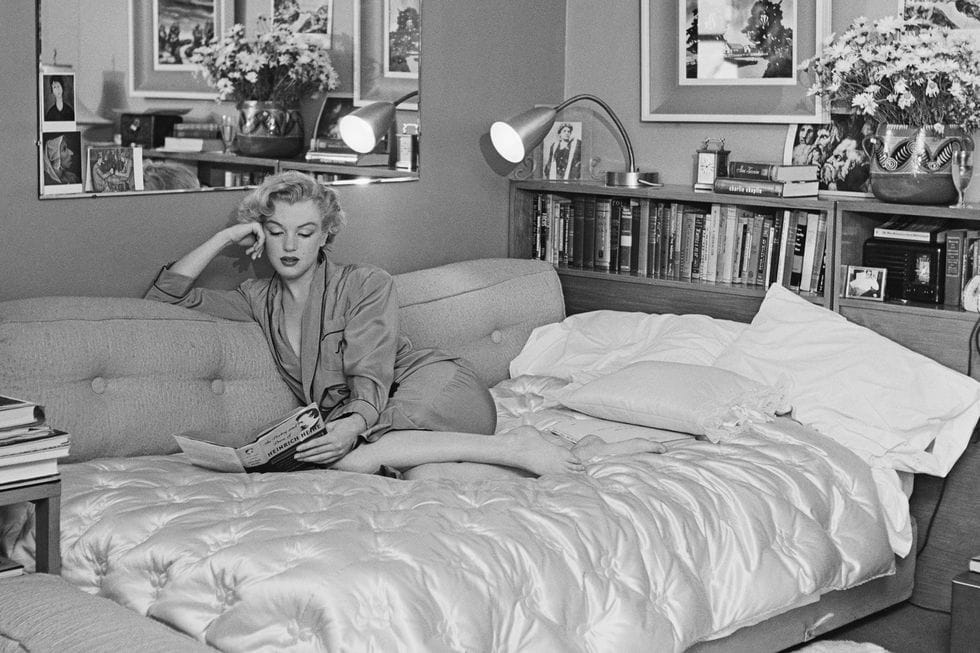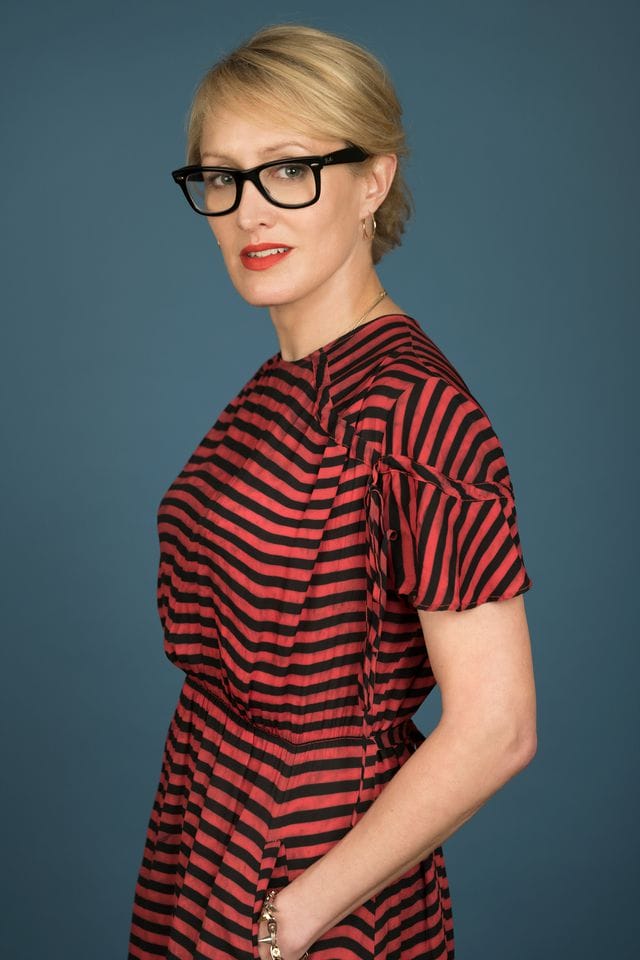
Poetry has always been a life line for producer Isabella Macpherson. As her production company Platform Presents prepares to host a Poetry Gala this month to raise money for a new playwright’s prize, she writes for us about why it’s so important and the crucial role it plays in our lives.
I grew up in a home filled with books, many of them poetry. They were stacked on my mother’s bedside table, by the fireplace, and in bookshelves around the house. Poetry was often recited by my mother, Penelope, named after the wife of Odysseus, stuff of poetic legend. She inherited this love of poetry from my grandmother, who grew up on the far North Orkney Isles – a place of myth, and an inspiration to poets.
The use of words and how they are organised is important to me as a producer. It is why I do what I do; I feel passionately about it. It is these words, contained in awesome sentences and structures, which communicate important stories and ideas to audiences. I was heavily schooled in Shakespeare, whose work underpins much of what we experience in modern theatre.
“Poetry can inform, ignite, contradict and highlight both beauty and pain simultaneously”
Last year, Gala Gordon and I, through our non-profit theatre company, Platform Presents, produced a play by an immensely talented writer, Mary Laws. Her writing is poetic, her choice of words deliberate, measured and very powerful. Mary says, “The stories I write only make sense to me if they move rhythmically, carried forward by the movement of the script. This is why poetry of language is so important in my plays — because it informs not only the way the characters speak, but the way the story is experienced in the bodies of the viewers.” We often don’t realise poetry’s reach. Mary now writes on one of the most brilliant, in my opinion, TV shows of the moment, HBO’s Succession.

Courtesy of Rebecca Reid
For some, poetry seems dense, opaque, intellectual or even cryptic; a puzzle. But “poet” comes from a Greek word meaning “to make”. Rita Dove said of it, “Poetry is language at its most distilled and most powerful.” Poems can change the way you look at the world, and enable you to experience other worlds. A poem is a discreet idea, experience, feeling or story, from the heart, from joy or pain, and its authenticity distinguishes it.
Poet and actor Nicholas Pinnock sums it up with, “There are often beautiful, unsettling, dark and wonderful things in our minds, souls and hearts that need to be expressed that a standard form of text or speech, no matter how hard we try, just cannot translate in a way that poetry can. There’s an unstructured, abandoned and raw honesty to it that I feel we all need at times. Most times. It teaches, it enlightens and it beautifies our very being.”
“Poems can change the way you look at the world”
Put plainly, poetry makes us think. A poet’s words need to be unpacked, to understand it we must think outside the box. Like theatre, poetry is transportative; it connects us with language again, and brings things to life in an unexpected way. William Wordsworth said “Poetry is the spontaneous overflow of powerful feelings; it takes its origin from emotion recollected in tranquility.” Samuel Coleridge defined “prose; words in their best order, poetry; the best words in the best order.” Bob Dylan considered himself a poet first, and a musician second.
Poetry’s structure differs it from prose, and contributes to its overall meaning. The specific words used, the length of the lines, the stanzas or verses employed, give a poem certain beats and a rhythm, contributing to the overall powerful effect. Working with poetry is the basis of theatre training. Learning to understand Shakespeare and other great playwrights, the import of their words and where they fall, enables actors to imbue meaning. Gala Gordon says, “When I trained at Guildhall School of Music and Drama we learnt poems each day to train our memory, conquer iambic pentameter and learn how to convey a story through just a few words.” James Massiah, recently commissioned to write a poem for Prince Charles 70th birthday, says of poetry, “It serves an important function in being the place to express one’s self most honestly, no more or less than one would as a painter, athlete or musician, but there is something therapeutic about the writing process and especially intimate about hearing or reading the words of another which then resonate on the level that some poetry has the power to do.”

James Massiah performs at the opening of London Fashion Week Men’s in January 2018. Getty Images
For those who don’t think poetry is for them, I would suggest going to a bookshop and browsing the poetry anthologies. There are lots of great ones, and with so much variety within, some of the poems will resonate.
Poet and actor Jade Anouka concludes, “Poetry has such power because it can make you feel. It can inform, ignite, contradict, highlight both beauty and pain simultaneously. It can seep in to your mind and your heart. It can give you a voice, a way to express yourself in a world that may not otherwise hear you. Poetry lives both inside and out of the rulebook. Its form can be free or structured and so it is, and should be, accessible to all. The potential for rhythms, for rhyme, for word play taps in to an artistry akin to music, dance or drawing. It’s art and can be a doodle or a masterpiece.” And what a pity it would be to miss out on that.
Jade Anouka and James Massiah will be reading their poems at the Platform Presents Poetry Gala on January 20th, alongside Juliet Stevenson, Rhys Ifans, Romola Garai, Tobias Menzies, Denise Gough, Dougray Scott, Tuppence Middleton, Gala Gordon and many more. The aim of the gala is to raise funds for the new Platform Presents Playwright’s Prize, judged by Nicholas Pinnock, Mary Laws and others. The deadline for submissions is 15 February – for more information visit Platformpresents.com. For tickets go to Atgtickets.com.
From: Harper’s BAZAAR UK



